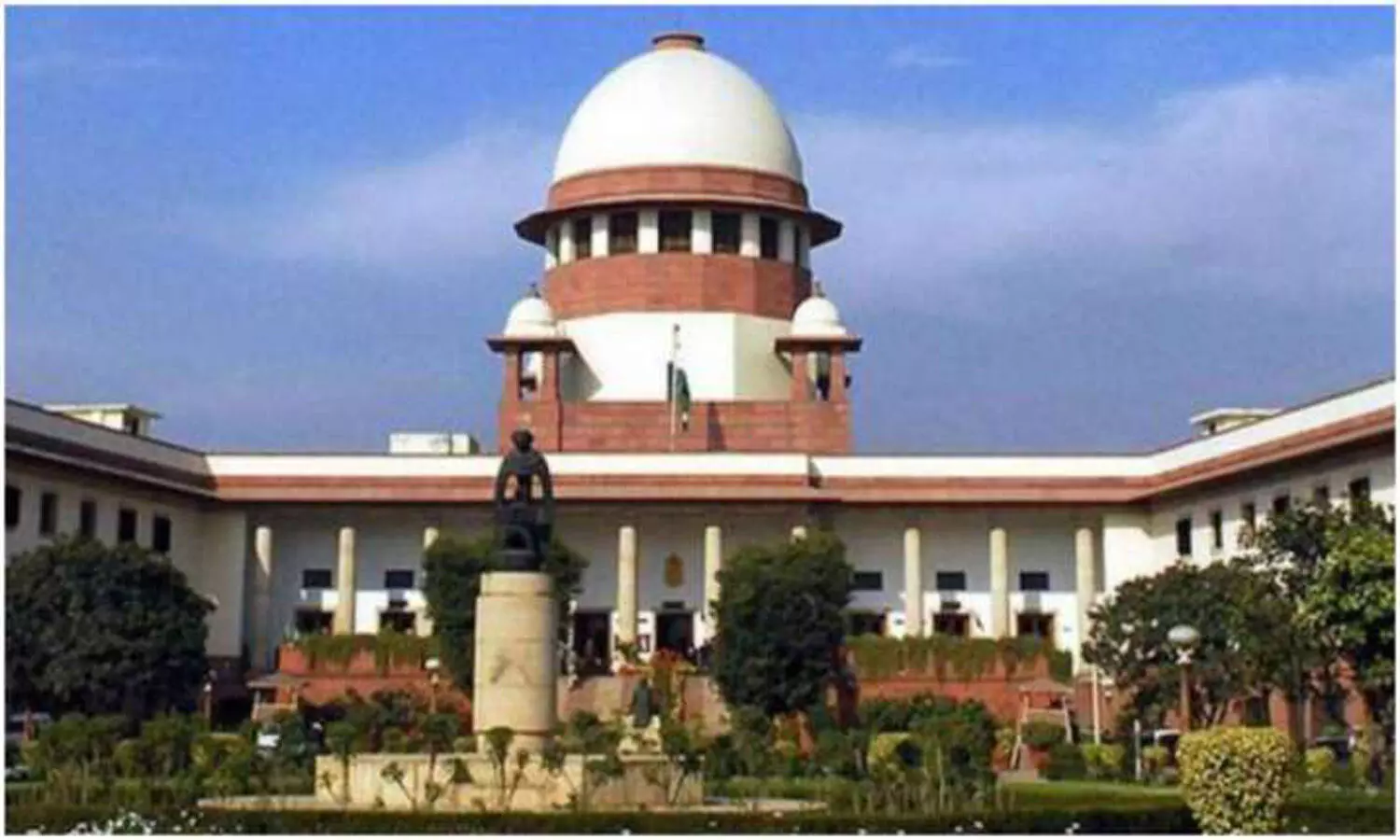TRENDING TAGS :
Bilkis Bano Case: Police Vigilance Ensures Monitoring of 11 Convicts Ahead of Surrender
Bilkis Bano expresses gratitude for the overwhelming support from thousands across India.
Supreme court
Supreme Court's recent decision to quash the early release of 11 convicts involved in the Bilkis Bano case has brought the spotlight back on a dark chapter in Indian history. The convicts, accused of gang-raping Bilkis Bano and murdering seven of her relatives during the 2002 Gujarat riots, had their early release nullified, leading to heightened police vigilance in Gujarat's Dahod.
Police Superintendent Balram Meena assured that arrangements were in place to maintain law and order in Singvad village, where the convicts reside. The Supreme Court's directive for the convicts to surrender within two weeks has added a new layer of complexity to an already sensitive issue.
Bilkis Bano, who moved the Supreme Court in November 2022 to challenge the early release, expressed her feelings of despair upon learning that those who had caused immense suffering to her family were released prematurely. However, her collapse was met with a resurgence of courage as she witnessed an outpouring of support from various quarters.
Acknowledging the solidarity from thousands of ordinary people and women who stood by her, Bilkis Bano highlighted the overwhelming response to appeals and open letters. From appeals in Mumbai to an open letter signed by 40,000 people from 29 districts of Karnataka, the support demonstrated the collective will to fight for justice not only for her but for every woman in India.
The Supreme Court's observations on the Gujarat government's complicity with the prisoners and the misuse of power have intensified the scrutiny on the legal proceedings. The court nullified a 2022 judgment that directed Gujarat to consider the remission applications of the 11 convicts, citing fraudulent means in obtaining the judgment.
The case, which originated from the tragic events during the 2002 Gujarat riots triggered by the burning of a train carrying Hindu pilgrims, has once again brought to the forefront the complexities of seeking justice in cases of communal violence. Bilkis Bano's family was attacked while trying to escape, resulting in the death of seven relatives, including her three-year-old daughter.
As the convicts face the prospect of surrender, the saga continues to unravel, shedding light on the challenges within the legal system and the resilience of societal forces pushing for justice in the face of adversity.



